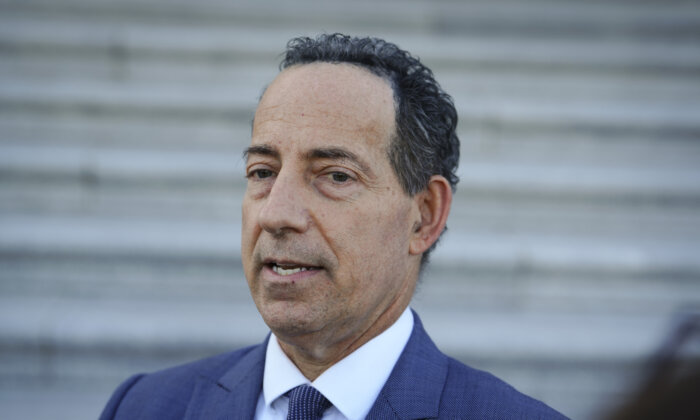The former PM’s book claims she was undermined by ‘establishment’ enemies. It instead shows exactly why her friends deserted herSo it wasn’t just a bad dream, then. Liz Truss really did become prime minister, and that brief ensuing moment of madness really did happen. It must have done because she’s written a book about it, though given the brevity of her stay at No 10 it’s arguably less a memoir of her time there than a kind of extended Tripadvisor review. (Great location for central London; shame about the fleas.) And while calling it Ten Years to Save the West may suggest faintly deluded levels of self-belief, given Britain had to be saved from the author after less than seven weeks, it’s accidentally very revealing about the deeper reasons for that overconfidence and what they mean for the country.Truss entered parliament in the golden Tory era of 2010, and prospered despite bosses who clearly grasped her faults. (Theresa May, she writes, wanted to sack her but didn’t feel strong enough; Boris Johnson’s allies have long suspected he promoted her to crowd the pitch for others he considered more of a serious threat.) In comparison with Labour politicians of the time, she was therefore playing politics mostly on the easy setting: one where the biggest newspapers bend over backwards to be kind, the City broadly shares your view of wealth creation, and a lack of serious challenge from the opposition makes it possible to believe that the facts of life will remain Conservative, regardless of what Conservatism itself actually morphs into.Gaby Hinsliff is a Guardian columnist Continue reading…
The former PM’s book claims she was undermined by ‘establishment’ enemies. It instead shows exactly why her friends deserted her
So it wasn’t just a bad dream, then. Liz Truss really did become prime minister, and that brief ensuing moment of madness really did happen. It must have done because she’s written a book about it, though given the brevity of her stay at No 10 it’s arguably less a memoir of her time there than a kind of extended Tripadvisor review. (Great location for central London; shame about the fleas.) And while calling it Ten Years to Save the West may suggest faintly deluded levels of self-belief, given Britain had to be saved from the author after less than seven weeks, it’s accidentally very revealing about the deeper reasons for that overconfidence and what they mean for the country.
Truss entered parliament in the golden Tory era of 2010, and prospered despite bosses who clearly grasped her faults. (Theresa May, she writes, wanted to sack her but didn’t feel strong enough; Boris Johnson’s allies have long suspected he promoted her to crowd the pitch for others he considered more of a serious threat.) In comparison with Labour politicians of the time, she was therefore playing politics mostly on the easy setting: one where the biggest newspapers bend over backwards to be kind, the City broadly shares your view of wealth creation, and a lack of serious challenge from the opposition makes it possible to believe that the facts of life will remain Conservative, regardless of what Conservatism itself actually morphs into.
Gaby Hinsliff is a Guardian columnist




